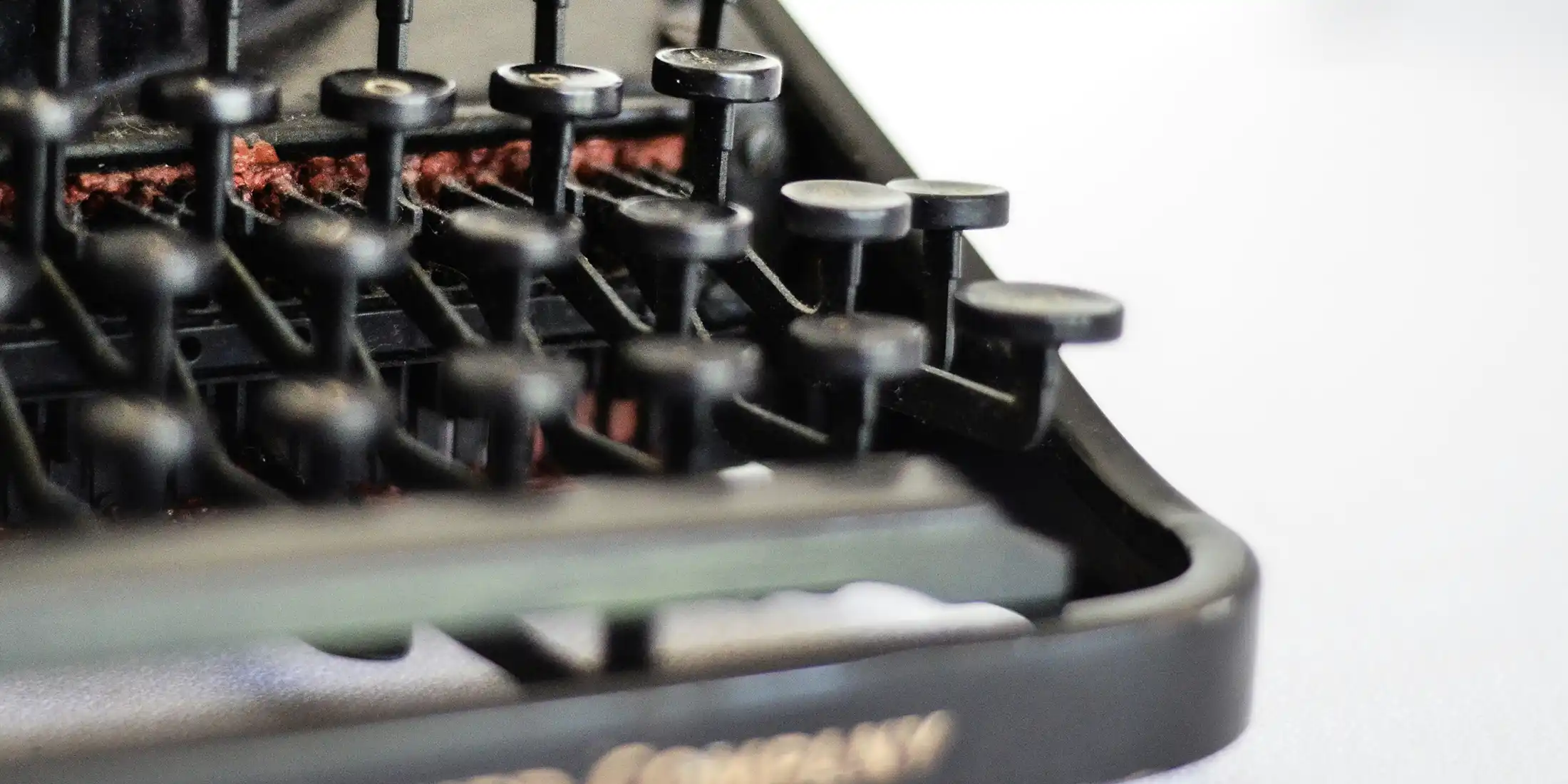Please note that this example was published in 2020. Law school admissions develops over time, and this should be considered a time capsule of an excellent personal statement with diversity themes from 2020.
We wanted to post the below example of a case when a separate diversity statement was not necessary because the personal statement already covered those elements. This applicant submitted the below personal statement and no diversity statement, and they were admitted to a majority of the T14, including three named full scholarships in the top 10. Shared with permission.
“How did you get here?” my economics professor asked with such disbelief that deafening silence was the only immediate response. A classroom of forty eyes behind me suddenly felt like a bed of daggers. As the chasm of time grew with every passing second, any hope that this had been a rhetorical question quickly drained from my body. When Professor Johnson* had asked who in his class had not yet taken calculus, I had been forced to raise my hand — the only one in the room. This was not a question I had prepared to face in my first advanced economics course at the University of Pennsylvania. After what felt like an eternity had passed without an answer and my face flushed with embarrassment, he raised a single eyebrow as if to say, “Well? We’re waiting.”
It was difficult to answer — not because there was no answer, but because any response encompassed a lifetime of answers. Of course, softer versions of “how did you get here” get asked all the time, usually in subtler terms: Where are you from? What do your parents do? What do you think of Hegel’s dialectical view of time? I had come up with stock answers for most of these. With a perfectly polished veneer of middle-class respectability, my answers were usually vague enough to give nothing away and sufficient enough to cease any further line of questioning. “Around South Florida, a small town — you’ve probably never heard of it,” or, “My mom stays home,” or, “Honestly, I find it a bit reductive.” But Professor Johnson’s bluntness shattered the thin facade I had built for myself.
The latter half of my childhood was spent transiently lugging from one derelict neighborhood in South Florida to another. During the early and mid-2000s, at a time when the Opioid Epidemic was in its nascent stages, I suddenly found myself thrust into its crosshairs: My mother, after giving birth for a second time, slipped into alcoholism and opioid addiction so severe that she became all but incapacitated as a parent. At the formative age of 10, I found myself the primary caregiver for my very colicky infant sister. When an eviction notice inevitably came, we spent years wearing out our welcomes at various friends’ and family members’ couches and spare rooms. At one point we lived in a motel for nearly six months — I do not remember ever going to school that year.
Not that it would have made a difference. I had long ago lost track of how many schools I had attended — if I had been enrolled at all. Of the smattering of people I have kept up with from my childhood, I can account for more overdoses than I can college graduates. My crash-course in learning how to drive felt like how I had to learn to do a lot of things: at 13, I took it upon myself to start driving my mother to liquor stores in order to stop her from driving herself, completely inebriated, and getting arrested — or worse. I suppose having to guess at which pedal made the car move and which made it stop was my own version of calculus homework.
In the despair that shrouds poverty, it can become so overwhelmingly painful to look around that eventually many simply stop. It is perhaps by sheer fortune that adversity engendered in me the opposite reaction. Seeing the way people I grew up with were impacted by the various institutions and policies that shape communities, I became resolute to understand and, eventually, to help change them for the better. I took the steps I could — I took community college courses while working to pay tuition; I studied late into each night to teach myself the concepts I hadn’t learned in high school; I applied to transfer to my dream universities.
While I could not explain all of this to my professor in a singular moment, I did know one thing: one way or another, I would teach myself calculus. After a semester of extra office hours spent with Professor Johnson, I went on to take several more advanced economics courses, earning a minor in Economic Policy, and even tutored one of my fellow students in derivatives.
So when I was finally forced to drop the guard I had built for myself and answer in plain terms how I made it to that University of Pennsylvania classroom, the answer at once became clear: I was not there for myself — I was there for a little sister. I was there for anyone I knew who had been lost to opioids. I was there for people who will never make it to where I have had the fortune of being. Failure, to me, had never been an option. I had known all along that to effect real change in the communities of which I was a part, I needed to attain the highest level of education and to understand the institutions and policies that shape them. Maybe the question should have been: “How could I not be here?”
* Pseudonym


.png)




